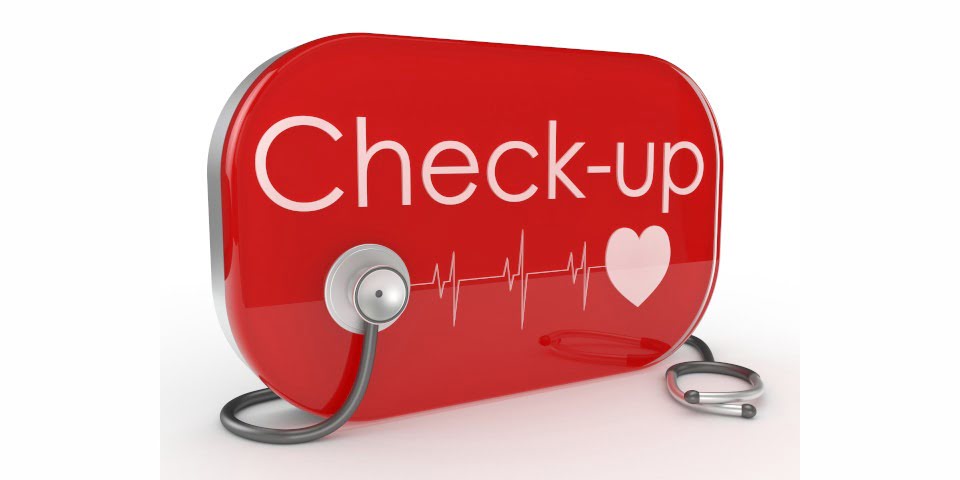Released just in time for Heart Week [3-9 May], a Heart Foundation modelling report reveals that an estimated 1.8 million Australian adults are not being prescribed the recommended blood pressure-lowering and lipid-lowering therapy to manage their risk of heart attack and stroke.
Highlighting the health and economic benefits, the report shows that treating high-risk patients with guideline-recommended blood pressure and cholesterol-lowering medicines could prevent more than 103,000 heart attacks, strokes and heart related deaths and save almost $1.8 billion in healthcare costs over the next five years.
The Heart Foundation’s Risk Reduction Manager, Natalie Raffoul says the findings were a wake-up call for the community, health professionals and government about the number of Australians missing out on guideline-recommended treatment.
“This modelling reinforces data that shows that high risk people are consistently missing out on life saving pharmacological therapy. To tackle this issue, we need a more systematic approach to absolute cardiovascular disease (CVD) risk assessment like the widespread uptake of Heart Health Checks,” says Ms Raffoul.
“Validated calculation of a person’s CVD risk during a Heart Health Check allows therapy to be targeted to people who would most benefit from it.
“We can learn from international preventative screening programs such as those rolled out across the UK and New Zealand to drive better assessment and management of CVD risk in Australia.”
Medications to lower blood pressure and cholesterol are currently recommended in adults at high risk of cardiovascular disease and can significantly reduce an individual’s chances of having a heart attack or stroke in the future.
“Pharmacological lowering of blood pressure, even in people without existing CVD, reduces the incidence of coronary heart disease events by up to a quarter and a 1 mmol/L reduction of LDL cholesterol is associated with a 20 to 30 per cent reduction in coronary heart disease events,” says Ms Raffoul.
The Heart Foundation has calculated, for the costs of detecting, managing and treating patients at high risk, the net benefit in healthcare savings alone would be $130 million.
The heart health body is calling for Heart Health Check MBS items 699/177 to become permanent to ensure people at risk of heart, stroke and vascular disease are detected early and treated according to recommended guidelines.
The Heart Health Check is the first preventative health assessment MBS item to incorporate absolute cardiovascular disease risk calculation and facilitate yearly assessment.
The Heart Health Check Toolkit was developed by the Heart Foundation and released last month to make the Heart Health Check easier to implement in general practice.
“Through the guidance of our primary care Expert Advisory Group, we know that easy to use tools and resources that make the Heart Health Check fast and simple to deliver are essential.
“The Toolkit offers pre-populated assessment and management templates for GPs and practice nurses to collect CVD risk factor information and support patients to manage their risk.
“It also includes a range of resources that can be used by general practices to help engage patients in their heart health.”
To learn more, visit: www.heartfoundation.org.au or call the Helpline on 13 11 12.










